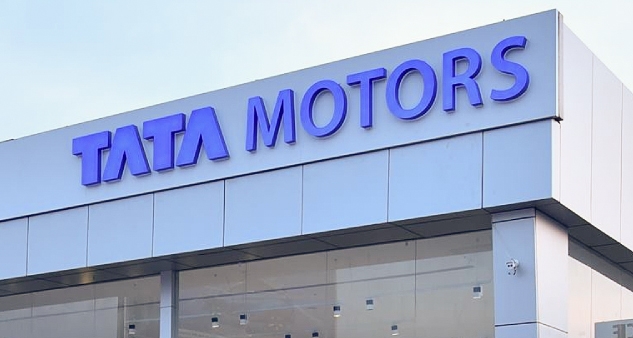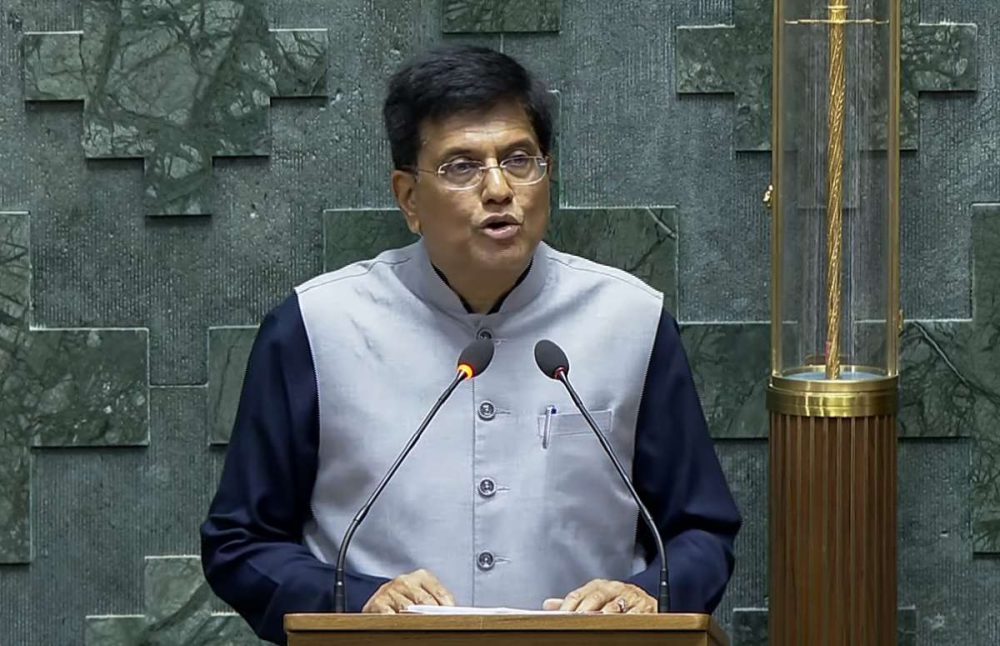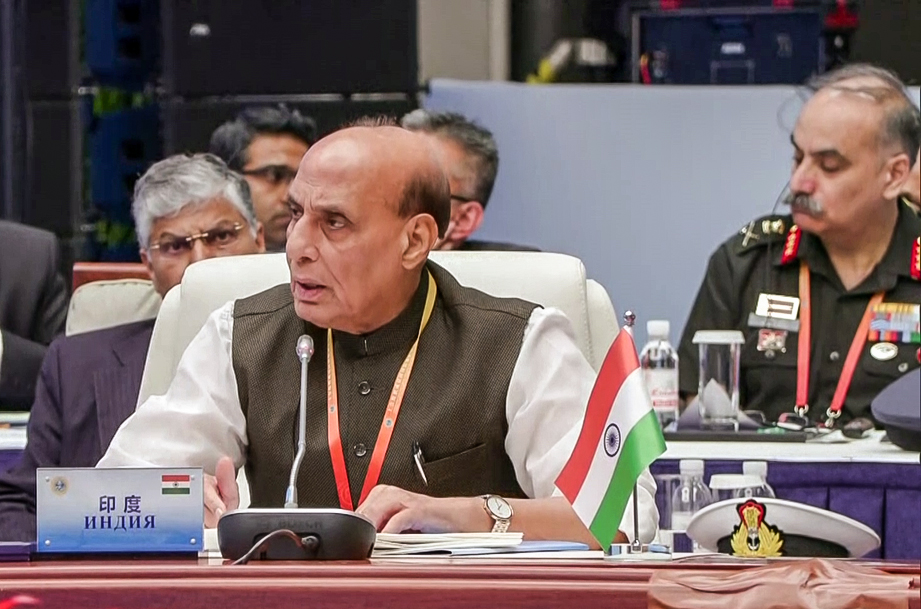The official announcement is expected, with reports suggesting substantial government subsidies have been provided to support the project…reports Asian Lite News
Tata Group, the owner of Jaguar Land Rover, is set to unveil its plans for a prominent electric car battery factory in Somerset, UK, in a significant boost to the country’s automotive industry. The plant is expected to generate up to 9,000 jobs.
The official announcement is expected, with reports suggesting substantial government subsidies have been provided to support the project.
The investment in the battery factory could potentially generate up to 9,000 jobs in the Bridgwater area. Notably, this initiative holds immense importance for the automotive sector as it shifts from traditional petrol and diesel vehicles to the production of electric cars.
Criticism has been directed towards the UK government for its perceived lack of a clear industrial strategy and for falling behind the US and EU in attracting investments in low-carbon technologies.
The Tata battery investment is expected to serve as a catalyst, encouraging further investments in battery manufacturing within the UK. Presently, the UK has only one operational battery plant located near Nissan’s Sunderland factory, with another facility in the early stages of development in Northumberland.
In contrast, the European Union boasts 35 operating, under-construction, or planned battery plants. Closing this gap in battery production capacity is crucial for the UK.
The UK government has outlined ambitious net zero goals, including a ban on the sale of new petrol and diesel cars starting in 2030.
The establishment of the Somerset factory will facilitate the supply of batteries for a new lineup of electric Jaguar and Land Rover models, supporting the country’s transition to cleaner transportation.
While Tata Group, an Indian multinational, did consider an alternative site in Spain for the battery plant, its decision to select the UK is seen as a major victory for the British government. This choice reinforces the attractiveness of the UK as an investment destination for global companies. Reports suggest that a substantial level of subsidies, in the form of cash grants, energy cost discounts, and funding for training and research, has been provided to Tata for this project.
The specific details and size of the incentive package have not been disclosed. Furthermore, the UK government is expected to offer approximately £300 million (over US$39 million) to subsidise, upgrade, and decarbonise Tata’s steel operations, including the Port Talbot plant in South Wales.
ALSO READ-Tata joins iPhone makers’ club












